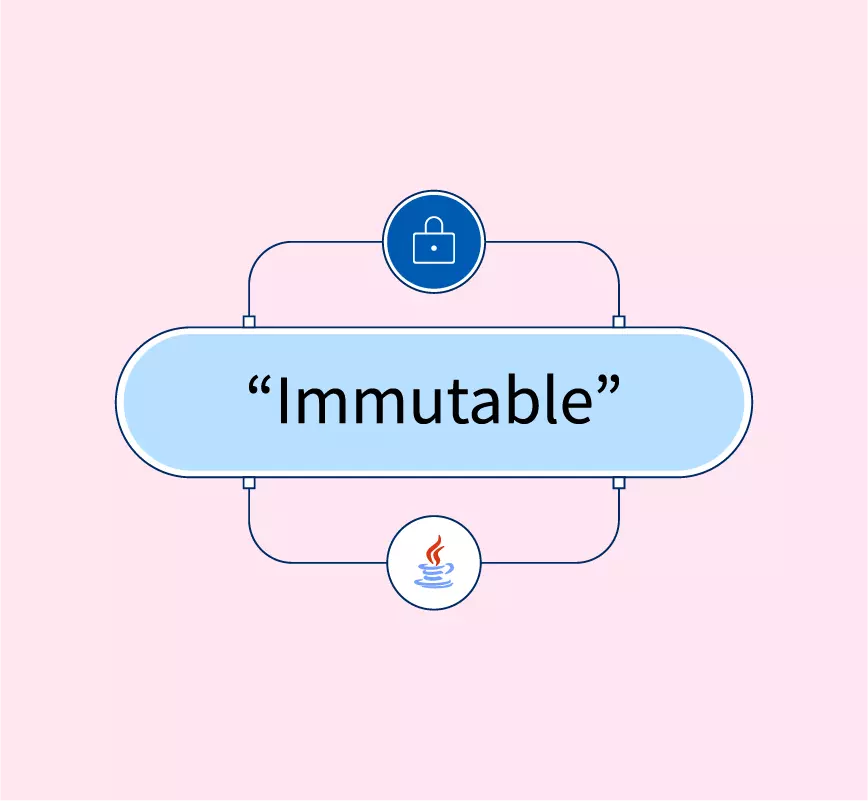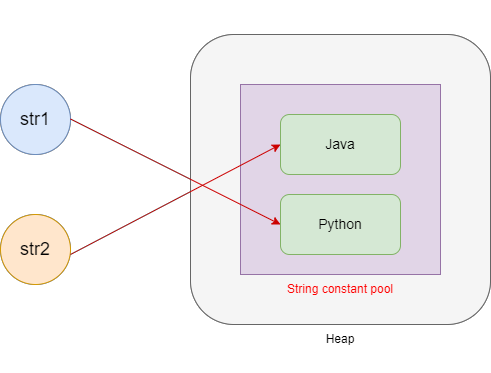What Is Unalterable Strings and Exactly How It Works
In the realm of shows, understanding the idea of immutable strings is vital for producing secure and durable applications. Unalterable strings describe strings that can not be modified after they are developed, guaranteeing data integrity and predictability within the code. This basic principle plays a critical role in different shows languages and offers an one-of-a-kind strategy to taking care of information. By checking out the complexities of just how unalterable strings work, one can discover a globe of benefits and possibilities that can raise the top quality and efficiency of software program growth.
The Basics of Unalterable Strings
Immutable strings, as a basic idea in shows, are personality series that can not be altered as soon as they are developed. This indicates that once a string is assigned a value, that worth can not be modified. In languages like Python and Java, strings are immutable things, leading to different ramifications in terms of memory administration and information honesty.
Among the essential advantages of immutable strings is that they offer a feeling of security in information adjustment. Given that the web content of an unalterable string can not be modified, it makes certain that the original data remains undamaged, lowering the risk of unintentional modifications throughout program execution (Why are strings immutable in Java?). This residential or commercial property likewise simplifies debugging procedures, as programmers can rely on that as soon as a string is specified, its value will certainly not be inadvertently altered
When a brand-new string is developed based on an existing one, rather than changing the original string, the new value is saved individually. On the whole, recognizing the basics of immutable strings is essential for grasping programs ideas and maximizing code performance.
Advantages of Immutable Strings
Structure upon the security and performance benefits of immutable strings, their advantages include boosting code dependability and simplifying concurrent shows jobs. By being immutable, strings can not be changed after creation, which eliminates the danger of unintentional changes in the information they keep. This intrinsic immutability guarantees that as soon as a string is developed, its worth remains constant throughout the program's execution, decreasing the opportunities of pests brought on by unanticipated modifications.
Additionally, unalterable strings contribute to code integrity by making it easier to reason regarding the state of a program. Since strings can not be transformed, designers can rely on that a string will certainly always hold the exact same value, simplifying debugging and maintenance efforts. This predictability brings about much more dependable and steady codebases.

Execution in Programs Languages
Within various programming languages, the incorporation of unalterable strings is a fundamental aspect that impacts how data is handled and controlled within code frameworks. The implementation of unalterable strings differs throughout various programming languages, with each language offering its own systems to support this idea.

In comparison, languages like C and C++ do not have integrated assistance for immutable strings. Programmers in these languages need to by hand implement immutability by applying policies within their code to stop direct alterations to string things.
Ideal Practices for Functioning With Unalterable Strings
When handling immutable strings in programming languages like Java and Python, sticking to finest techniques ensures safe and secure and efficient information adjustment. Among the essential finest methods is to utilize StringBuilder or StringBuffer rather than directly adjusting strings, specifically when dealing with extensive concatenation operations. These courses give mutable choices for string manipulation, helping to prevent unneeded memory allowances and enhancing efficiency.
One more best practice is to make use of string interpolation or formatting functions provided by the language rather of hand-operated concatenation. This not just boosts readability yet likewise help in avoiding common mistakes Learn More such as unintentional string adjustments. In addition, when collaborating with delicate data such as passwords or API tricks, it is critical to avoid storing them as simple message in immutable strings. Using safe and secure storage mechanisms like char ranges or specialized collections for taking care of delicate details assists minimize protection dangers connected with unalterable strings.
Real-world Applications and Examples
Exploring functional implementations of immutable strings in various sectors discloses their significant influence on information honesty and system reliability. In the healthcare field, unalterable strings play an essential role in ensuring the safety and discretion of individual data. By avoiding unapproved modifications to delicate info such as clinical documents and prescriptions, unalterable strings aid preserve compliance with strict privacy regulations like HIPAA.
Financial organizations likewise gain from the immutable nature of strings to boost the safety and security of client information and deal records. Immutable strings assist avoid fraud and unauthorized modifications to financial info, providing a robust defense versus cyber risks and making certain the trust fund and confidence of customers.

Verdict
In verdict, immutable strings are dealt with and unchangeable sequences of characters that supply advantages such as thread safety and improved efficiency in programs. They are applied in different programs languages to ensure information integrity and security. Ideal techniques for dealing with immutable strings consist of preventing straight adjustments and making use of approaches that return new string objects. Real-world applications of immutable strings include data file encryption, caching, and string manipulation tasks.
Immutable strings refer to strings that can not be modified after they are you could try here created, making sure information honesty and predictability within the code. When a brand-new string is produced based on an existing one, rather than customizing the initial string, the brand-new value is stored separately.In languages like Java and Python, strings are unalterable by default, implying that once a string item is created, its worth can not be altered - Why are strings immutable in Java?. Best techniques for functioning with immutable strings consist of preventing direct alterations and using approaches that return new string items. Real-world applications of immutable strings include data security, caching, and string control jobs